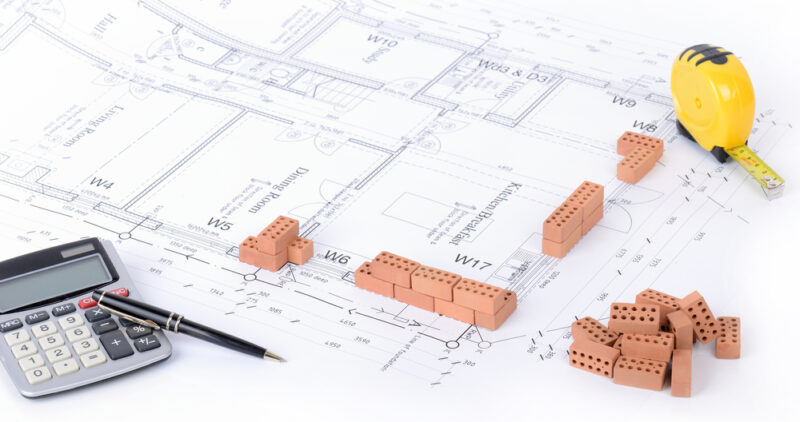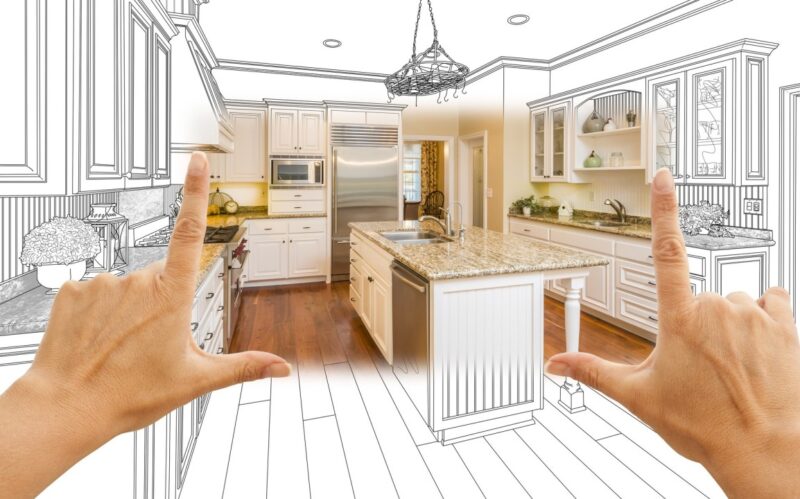Strategic renovations can make a substantial difference in the value of your property. By carefully selecting improvement projects that offer a strong return on investment, homeowners can boost their property’s market appeal and financial worth. From kitchen upgrades to energy-efficient installations, every decision should be weighed against potential long-term benefits.
Prioritising high-impact changes, such as modernising key areas like the kitchen and bathroom, can create an environment that feels both inviting and up-to-date. Investing wisely in these areas often leads to a significant increase in your property’s overall value, making the effort and expense worthwhile.
Top Renovation Projects with the Highest ROI

Investing in renovation projects that yield a high return on investment (ROI) can greatly enhance your property’s value. Kitchens and bathrooms are often at the top of this list, as these areas are pivotal in shaping a potential buyer’s first impression. A modern, well-equipped kitchen with updated appliances, quality countertops, and stylish cabinetry can instantly add value. Similarly, bathroom renovations that incorporate contemporary fixtures, ample storage, and efficient use of space can make a property more appealing.
Another high-ROI project is adding more space to your home. Whether it’s a loft conversion, a conservatory, or even just a simple extension, increasing the living area often pays off. Buyers are attracted to homes that offer flexibility and additional space, particularly if these improvements are seamlessly integrated with the existing structure. Enhancing the home’s exterior, such as updating the façade, improving the landscaping, or adding a new driveway, also tends to deliver a solid return. These projects not only improve the property’s curb appeal but also make a lasting impression on anyone who views the home.
How to Budget Effectively for Home Improvements
Effective budgeting is crucial when planning home improvements to ensure that you don’t overspend and that the projects are completed on time. Start by determining the scope of the work and breaking down the costs associated with each part of the project. This includes materials, labour, permits, and any unexpected expenses that may arise. Having a detailed budget in place helps prevent financial surprises and ensures that funds are allocated where they are most needed.
Once you have an estimated budget, it’s wise to set aside a contingency fund—typically around 10% to 15% of the total budget. This cushion will cover any unexpected costs that might occur during the renovation process, such as structural issues or delays. To further manage your expenses, consider obtaining multiple quotes from contractors to compare prices and services. Don’t automatically go with the cheapest option; instead, look for a balance between cost and quality to ensure that the work meets your expectations. Sticking to your budget while maintaining flexibility for the unexpected is key to a successful renovation.
Making Sure Your Renovation Meets Local Building Regulations

Meeting local building regulations is a critical part of any renovation project, ensuring that your improvements are safe, legal, and up to code. Failure to comply with these regulations can result in fines, delays, or even the need to undo completed work. Before beginning any renovation, research the specific requirements for your area. This could include obtaining the necessary permits, ensuring that your plans meet zoning laws, and adhering to safety standards.
Working with a reputable contractor who is familiar with local regulations can help avoid many common pitfalls. They can guide you through the process, ensuring that each phase of your renovation complies with all relevant rules. Getting a build warranty for the completed project is highly recommended for investors, especially if you make a large scale renovation or structural alteration. This will help protect your property and your financial investment into the future.
Whether you are undertaking a small-scale refurbishment or a major overhaul, compliance with building regulations and having a warranty for the completed work are essential to the success of your renovation and your return on investment.

Maximising your property’s value through smart renovations requires careful planning and strategic choices. By focusing on projects that offer a strong return on investment, such as updating kitchens, modernising bathrooms, and increasing living space, you can make your home more appealing to potential buyers and increase its market value.
It is important to choose improvements that enhance your home’s aesthetics, improve its functionality, and meet the demands of today’s property market. Effective budgeting and strict adherence to local building regulations are crucial elements of a successful renovation. Proper financial planning ensures that your projects stay within budget and are completed without unexpected costs, while compliance with regulations guarantees that your improvements are legal and safe.
Always take the time to plan thoroughly, work with experienced professionals, and protect your investment with appropriate measures. Taking these steps will help you to achieve a renovation that gives you a return on your investment and also adds lasting value to your property.


